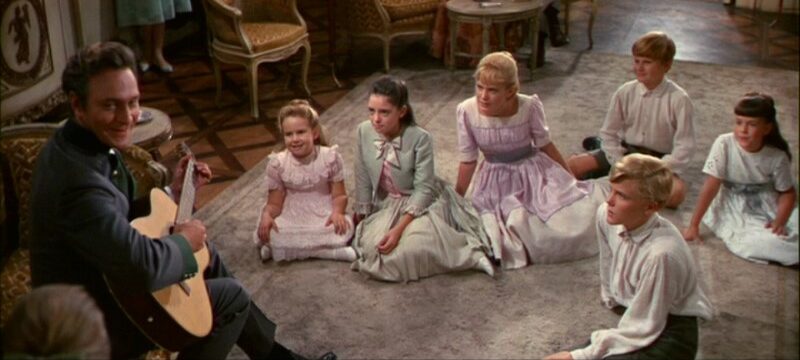**½/**** Image A- Sound A- Extras B+
starring James Stewart, Richard Conte, Lee J. Cobb, Helen Walker
screenplay by Jerome Cady and Joy Dratler
directed by Henry Hathaway
by Travis Mackenzie Hoover Call Northside 777 is far less virtuous than it wants to be, but we can overlook its delusions and enjoy it anyway. Its uneasy combination of working-man drama and noir cynicism does less for the former than it does for the latter, but that manages to give it its unique punch: into the crime-movie soup goes chunks of would-be reality, and if the film is less real than it advertises, it expands the self-contained genre universe to make it more vivid. Call Northside 777 is otherwise unremarkable as a piece of writing and only marginally exciting as picture-making, but its interesting clash of sensibilities makes it highly watchable as a curio–as well as a suggestion of what happens on the recombinant road less travelled.
Based–inevitably–on a true story, Call Northside 777 introduces prosaically social circumstances into the moral tangle of the noir briar patch. Hapless Frank Wiecek (Richard Conte), sent up the river for a cop-killing he had nothing to do with, is merely the centre of a web of self-involvement above and below: the cops are determined to keep him in jail so that someone takes the rap for a police death, and the only person who knows what actually happened lied on the stand to save her skin. Even his salvation comes in the form of opportunism, as editor Brian Kelly (Lee J. Cobb) seizes on his mother's personal-ad information while searching for a sob story and blows it up into a headline. But as skeptical P.J. McNeal (Jimmy Stewart) follows up some leads, a window opens up and the truth comes out.
To be sure, the film has its problems in hedging on journalistic virtue. Despite the venal origins of McNeal and Kelly's mission of mercy, the newspapermen come out smelling like roses; where a tougher movie would have noted the stumbled-upon nature of their heroism, the film wimps out and gives us the moral centre we so clearly crave. But its insistence on using actual locations and genuinely pathetic "little people" is undeniably effective, and it takes the noir corruption out of the realm of pleasurable debauch into a plane of outrage. The corrupt forces are no longer colourful characters from down-these-mean-streets-a-man-must-go–they're genuine threats to the commonweal. And it's here that Call Northside 777 gains its power, as the bad folk cease to be abstract.
It's a minor power, alas, because the personnel involved are credulous beyond redemption. The casting of Jimmy Stewart should tell you how much they believe in the things they should be debunking, and the pious Death of a Salesman vibe often threatens to capsize the whole venture. Still, director Henry Hathaway doesn't drop the ball technically, seamlessly blending gritty realism with expressionistic lighting and making the apparently contradictory elements complement one another. He finds the doomed victims of neo-realism appropriate for the corrupt world of noir and vice-versa, and combines the visual tropes of both sensibilities for a satisfactory visual universe. There's no penetrating insight in Call Northside 777, but there is new light shed on how people are treated in movies that keeps the film from becoming frothy irrelevance.
The full-frame image on Fox's DVD release of Call Northside 777 is awkward at first, with a few nicks marring the initial reel, but generally the quality is clear and deep and without serious problems. Ditto the stereo remix, which is clean and punchy but not truly spectacular. Extras include a commentary by scholars James Ursini and Alain Silver that is as informative as it is slightly stodgy: While they're alive to the film's intersection of noir, docudrama, and neo-realism, to its re-invention of the Jimmy Stewart archetype, and to the involvement of Lee J. Cobb in both left-wing theatre and the Hollywood blacklist, they're a little pedantic in their pointing out of obvious tropes and details. That being said, because they know their stuff, the track is worth the listen. Also included is a Fox Movietone newsreel (1 min.) detailing the film's premiere: it's unremarkable except as an indication of how little has changed in the business of infotainment. The film's trailer plus trailers for Laura, Panic in the Streets, The Street with No Name, and House of Bamboo round out the package.
111 minutes; NR; 1.33:1; English DD 2.0 (Stereo), English DD 2.0 (Mono), French DD 2.0 (Mono); CC; English, Spanish subtitles; DVD-9; Region One; Fox





